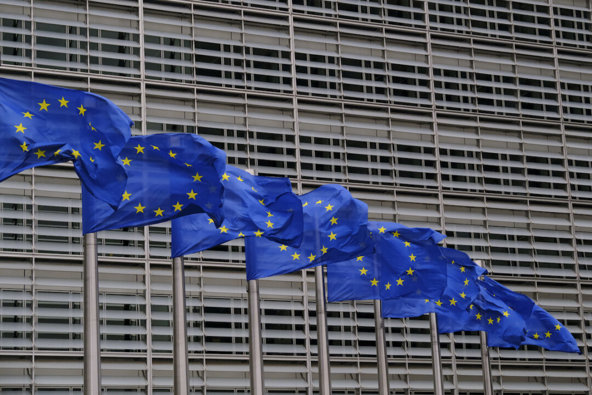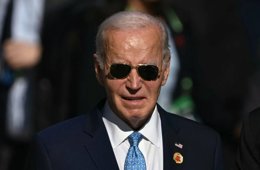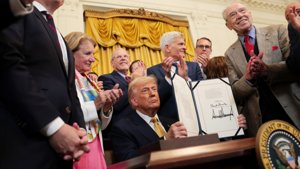
EU May Pull U.S. Firms Over Tariff Row
The European Union is escalating its response to the United States’ recent imposition of 20% tariffs, with officials signaling a range of countermeasures. European Commission Executive Vice-President for Prosperity and Industrial Strategy Stephane Sejourne warned on Monday that the bloc may consider removing U.S. companies from European public procurement markets. “It’s an economic bazooka, but it’s one of the topics on the table,” Sejourne said, noting the instruments were originally created for use against China.
Trade ministers from all member states met in Luxembourg, where European Commissioner for Trade and Economic Security Maros Sefcovic confirmed that the first vote on retaliatory measures will be held on April 9. If approved, they would come into effect on April 15. A second phase of measures is scheduled for implementation on May 15. Sefcovic emphasized that the EU’s response “cannot be delayed” and highlighted the unity among member states.
Sefcovic noted that the U.S. tariffs affect approximately 70% of EU exports, worth €380 billion, but said the EU is not seeking a strictly “dollar for dollar” approach. Still, “all options remain on the table,” he added, including the use of all available instruments.
Meanwhile, Italian Foreign Minister Antonio Tajani proposed delaying a portion of the EU’s countermeasures until April 30. He stated that such a move would show the EU’s willingness to defend its economic interests while remaining open to dialogue with Washington. Tajani reaffirmed Italy’s commitment to unity within the bloc and expressed full confidence in Trade Commissioner Sefcovic.
In a separate development, a senior EU official told the Financial Times that the bloc is likely to exclude bourbon from its list of retaliatory tariffs. France, Italy, and Ireland reportedly pushed for the removal to shield Europe’s own spirits industry from collateral damage. Sejourne also signaled optimism, saying, “we should have good news” on the bourbon issue soon.
As the EU prepares its official response, the balance between demonstrating resolve and maintaining strategic flexibility appears central to the bloc’s evolving approach in the escalating trade dispute with Washington.






